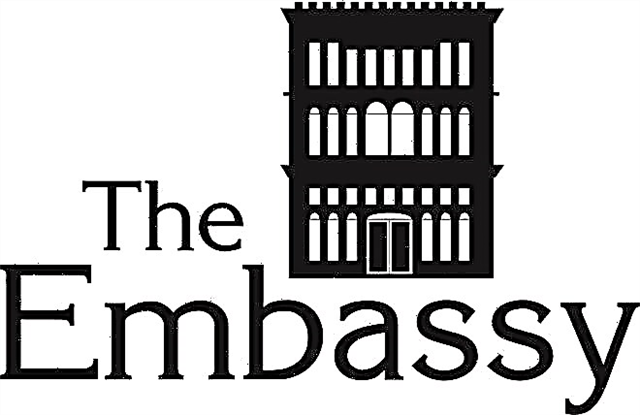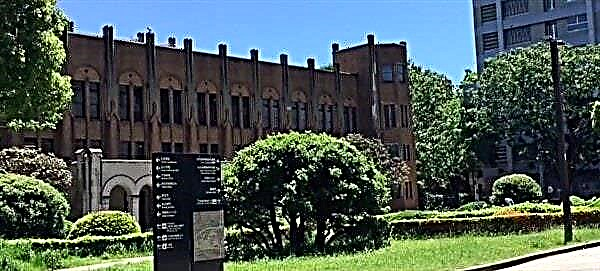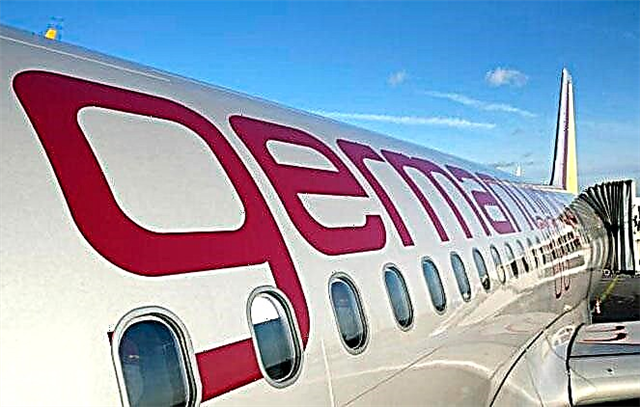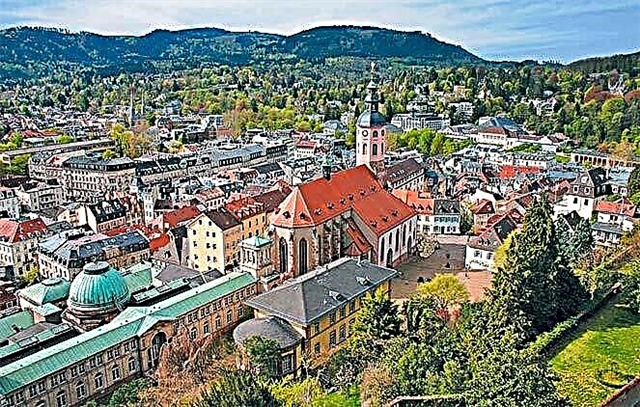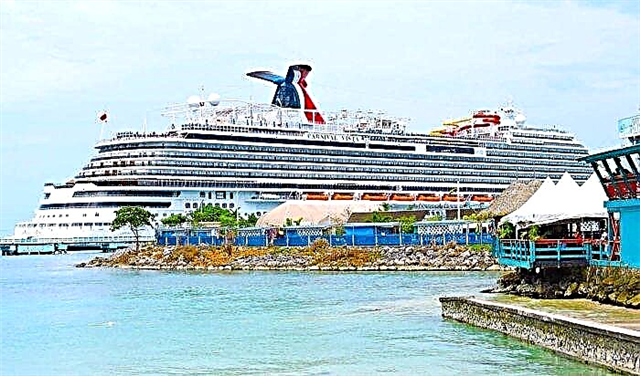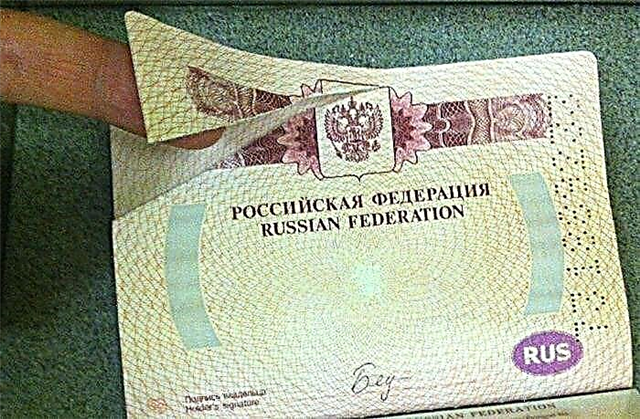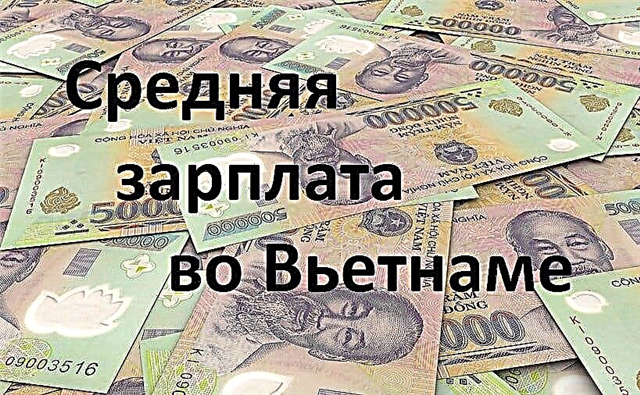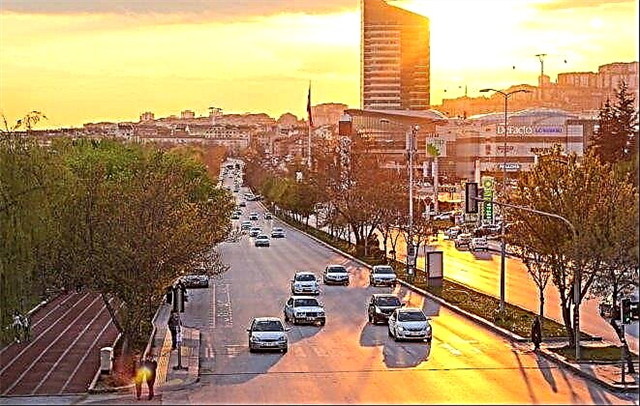It is logical to start preparing for emigration to another state for permanent residence (permanent residence) by acquaintance with the way of life on its territory. First of all, it is worth paying attention to the level of economic development, the political situation, the ratio of income and expenses of the average citizen of the country. Today, the Republic of Turkey is very popular with migrants from all over the world, whose society is moving in the direction from agrarian to industrial. Let us consider in detail what are the features of modern life in Turkey.

The level of development of the Turkish economy
In 2021, Turkey faced a collapse of the national currency - the lira: its exchange rate collapsed almost three times. On the one hand, this was caused by such reasons as the excess of imports over exports and a decrease in the cost of loans, which had an additional burden on the country's economy. On the other hand, the increase in duties on imports of Turkish steel and aluminum, as well as US sanctions in connection with the case of Pastor E. Brunson, contributed to the decrease in the value of the lira.
Despite financial problems, as of 2021, the Republic of Turkey is one of the fastest growing.
The country ranks 17th on the planet in terms of nominal gross domestic product (GDP), the size of which per capita at the beginning of 2021 was $ 28,625. In 2021, it increased by 4.5%.
The modern economy in Turkey is among the world leaders in the production and export of agricultural products, textiles, automobiles and instrumentation. About half of the entire working population is employed in the industrial sector.
What conditions do Turks live in?
Before you move to live in one of the Turkish settlements, you need to weigh the pros and cons. Each person must understand for himself whether he can survive in absolutely new circumstances for him.
One of the important criteria for making a decision to move will be the standard of living in Turkey. It is determined by many factors.
Among the main ones are employment and wages, tax rates, the availability of social benefits, educational and medical services, prices for food, housing, public transport and other services.
Job prospects and salary
Many industries and sectors of the service sector in the state today are in dire need of personnel. So, there is work in Turkey for specialists in the field of tourism, IT-technologies, construction. Among the most demanded professions are tourism and sales manager, programmer, industrial engineer, civil engineer.
Among other qualified specialties, lawyers, teachers, doctors are in demand. The service sector actively requires cashiers, nannies, maids, waiters.
The minimum net wage in Turkey from 1 January 2021 per month is 2,020 liras (about 340 euros). The average net salary is about 400-450 euros per month.
The highest wages are for bank employees, financiers, insurers, programmers. It is about 1,350 euros per month. The monthly income of women is on average 15-18% lower than that of men in similar positions.
The minimum subsistence level in Turkey for a family of four is 2,008 liras (excluding housing and utilities). Such data were released on January 28, 2021 by representatives of the Turkish trade union of workers Türk-İş.
Social guarantees
Payments to the most vulnerable are regulated by the Social Security Administration. Citizens of the country receive support from the state from the following funds:
- unemployment insurance;
- pension insurance;
- health insurance;
- insurance against short and long term risks.
The retirement age is 58 for women and 60 for men. Those women who have five or more children are entitled to retire at 48.

The size of pension payments in Turkey averages 64.5% of wages. The minimum contribution to the pension fund is 465 lira per month.
Medical services
The level of medical care in the country is comparable to that in Europe. Due to the high quality of medical services, the average life expectancy in Turkey is 75 years (for men - 72.7 years, for women - 77.5 years). The government allocates 8% of GDP for health care.
Medical tourism in the Republic of Turkey has gained wide popularity, since the prices for treatment here are somewhat lower than in the West. In hospitals located in excursion centers, translators work from Russian and English.
There are public and private clinics in Turkey. The former provide citizens with services free of charge, and the latter on a paid basis. Discounts are provided for holders of medical insurance in private medical institutions.
There are no district doctors in Turkey: each patient can independently consult any doctor or call an ambulance to their home.
The country has a developed system of pharmacies. Pharmacists have the right to prescribe and sell drugs. Prices for many drugs in Turkey are much lower than in Russia and even more so in Europe. Hospitals have pharmacies on duty.
Education
The education system in Turkey includes pre-school education, primary and secondary schools, and higher education. The first three steps are considered mandatory. There are both public and private kindergartens and schools in the country. In the first, training is free.
There are also institutions of state and private ownership among higher education institutions. But both of them provide educational services on a paid basis. Only the prices for studying at state universities are several times lower than at private ones.
In addition, students from private universities and academies have to spend from 150 to 300 euros per semester on teaching materials and contributions to various funds.
Higher education in the country is three-stage:
- bachelor's degree (4 years);
- Master's degree (2 years);
- postgraduate and doctoral studies (2-4 years).
A separate place in the education system belongs to special educational institutions. They are designed for people with disabilities: visual impairments, hearing impairments, chronic diseases, intellectual disability, and so on. Training in them is free.
State crime rate
Answering the question about what kind of situation prevails in Turkey today, it is safe to say that the country is calm and safe enough. The crime rate is low, not least due to the low unemployment rate (11.6%).
The Turkish government is actively fighting organized crime, tightening laws regarding the punishment of persons involved in such groups. Police use aggressive tactics to investigate crimes and arrest suspects.
Regarding street crime, it should be said that mostly inattentive tourists in megacities and excursion cities (Istanbul, Izmir, Ankara and others) suffer from it. In the markets, in the central regions - that is, in places with a large crowd of people - pickpockets occur.
It is dangerous to interfere in street fights and quarrels. Many of them can be specially staged to involve passers-by and further robbery. In such cases, it is recommended to contact the patrolmen in blue and white uniforms with the inscription Polic or red and black clothes with the inscription Yunus.
Climate features and weather conditions
Since Turkey has a fairly large extent, it is located within several climatic zones.Most of the territory is dominated by a subtropical Mediterranean climate. Summer is hot here (+ 23–33 ° С), winters are warm (+ 13–15 ° С). Precipitation occurs mainly in the highlands in autumn and winter. Part of the country's population from the south moves to the mountains in summer, since the heat and humidity are difficult to endure, especially for pensioners.
The western regions of the Anatolian Highlands are located in a zone of temperate continental climate. The maximum summer temperature reaches +37 ° С, the minimum in winter is -4 ° С. The rainy season is in March and November.
In the center of the country, the climate is continental. It is hot in summer (+ 24–42 ° С), cold in winter (-2–16 ° С). The greatest amount of precipitation is observed in spring and autumn.
On the Black Sea coast, the climate is intermediate between temperate continental and subtropical. Average summer temperatures range from + 16–32 ° С, winter - within + 10–4 ° С. Precipitation is uniform over 12 months.

The coasts of the Mediterranean and Aegean Seas are located in the subtropical Mediterranean climate zone. The average summer temperature is + 25 ° С, winter temperatures reach + 7–10 ° С. Precipitation occurs mainly during the winter months.
Is it expensive to live in the Republic of Turkey
The cost of living is a question that worries almost every foreigner planning to move to this sunny country. The most expensive cities are the capital Ankara and the metropolis Istanbul. Among them are also the well-known resort centers of Antalya and Izmir. Bursa and Adana are some of the most affordable settlements for living.
Housing costs and utility bills
The cost of renting a three-room apartment (3 bedrooms) in the central districts of cities is about 1,330 liras per month, which is approximately 220 euros. You can rent a house far from the center for 830 liras per month, which is equivalent to 135 euros.
Real estate prices in Turkey are as follows:
- 1 m2 in the city center - from 2,256 to 3,761 liras (or 378-630 euros);
- 1 m2 in a remote area - from 1,504 to 3,009 liras (or 252-504 euros).
It takes about 340-350 liras (up to 70 euros) to pay for utilities in an apartment with an area of 85 m2. This amount includes electricity, gas and water supply, garbage disposal, air conditioning.
Food prices
Another criterion that determines the cost of living in Turkey is food prices. They make up the bulk of the expenses of most average families.
Higher prices in big tourist cities. In addition, many products in the market are much cheaper than in supermarkets.
Average cost of food in Turkey:
- 1 kg of sugar - 5.57 lira;
- 1 kg of salt - 0.8 lira;
- 1 loaf of bread weighing 0.5 kg - 2.26 lira;
- 1 package of milk with a volume of 0.6 l - 3.83 lira;
- 12 eggs - 9.33 lira;
- 1 kg of chicken fillet - 18.77 lira;
- 1 kg of beef - 31-55 lire;
- 1 kg of fish - 15.66 lira;
- 1 kg of Turkish cheese - 27.45 lira;
- 1 kg of potatoes - 3.91 lira;
- 1 kg of apples - 4.59 lira;
- 1 kg of bananas - 8.91 lira.
Greens, vegetables, fruits, spices, meat are recommended to be purchased in the markets. Here, these products are always fresh.
Public transport fares
Turkey has a significant fuel surcharge, which is why prices for fuels and lubricants are quite high. For example, 1 liter of gasoline in the country costs from 6 liras. Therefore, a personal car is considered a luxury item here, because its maintenance does not always pay off.
The country has a developed public transport system. On average, a one-way bus ticket costs about 2.5 lira. To purchase a travel card, which is valid for 1 month, you will have to spend from 100 to 200 liras.
One of the most popular types of transport in Turkey is taxi. Travel for a distance of 1 km costs 3 lira. It is very convenient to take a taxi, because a car arrives on call often within a few minutes.
Features of the national mentality
Despite the fact that the Republic of Turkey is a secular state, religion is woven into everyday life here. About 98% of the population is Muslim.
Most people adhere to local traditions and customs stemming from the prevailing religion. In particular, these are:
- a fairly early age for marriage;
- deep respect for elders;
- observance of religious holidays;
- special attitude to food intake, which does not recognize quick snacks;
- a combination of religious style clothing with others (casual, formal, business, and so on).
Citizens of the Russian Federation planning to visit the Republic of Turkey are naturally interested in how Russians are treated in Turkey. In recent months, the stabilization of relations between the two states and the resumption of economic contacts have been observed.

Russians are among the most welcome guests in Turkish resort regions. The attitude towards those who seek to move to this country for permanent residence cannot be called unambiguous. Many Turkish citizens speak out negatively about immigration to their territory not only of Russians, but also of Europeans and Americans.
Russian diaspora
It is impossible to say exactly how many Russians live in Turkey today. After all, not all representatives of this nationality reside in the country legally. According to official sources, their number is about 50,000 people, according to unofficial data - from 100,000 to 200,000 people.
There is no clear organization of the Russian diaspora in the Turkish Republic. In this regard, it becomes much more difficult to maintain contacts between her and the Russians living in the Russian Federation.
Russian citizens are scattered throughout Turkey. Many Russians prefer to live in Istanbul, Antalya, Izmir. For example, it is within the boundaries of Istanbul that the Russian Society of Education was founded and is successfully functioning. There is a Russian school in the city, where children of immigrants have the opportunity to receive education in their native language.
One of the largest organizations of Russians in the Republic of Turkey is the Association of Russian Culture in Ankara. There is also a fairly large Russian society in Antalya.
Among Russian immigrants in Turkey, the overwhelming majority are businessmen and investors, women who married Turks, people of retirement age.
The former plan to take advantage of favorable conditions for the development of their own business, the latter come to the country in search of a wealthy life, and the latter seek to improve their health in a state with a favorable climate, receiving a pension earned in Russia at the rate of the Turkish Central Bank.
The best regions to live
When answering the question of where it is better for a Russian to live in Turkey, one should proceed from the purpose of the move. If an immigrant wants to spend most of the year in his own apartment on the seashore, it is better to choose Antalya as his destination. In addition, this city, like Istanbul, is suitable for permanent residence of families with schoolchildren: there are Russian-language schools here. And it was in Antalya and Istanbul that most of the Russians settled, who stay on the territory of Turkey without a break.
Alanya is also suitable for long stays. This cozy city, despite its small size, is famous for its well-developed infrastructure. Therefore, it will not be difficult to find a job here. If you want to save on housing, you can settle in the suburbs - Avsallar and Mahmutlar.
Those who want to provide for themselves and their families a place for a short-term vacation during the holiday season should pay attention to small towns on the Mediterranean and Aegean coasts: Belek, Bodrum, Didim, Kemer, Konakli, Side.
Russians planning to invest in real estate, which will be rented and put up for sale, it is better to go to megacities and resort cities.
Evaluating how Russians live in Turkey, one should understand that everything depends on the purposefulness of each individual individual and their readiness to join a society with a different culture.It should be remembered that in provincial settlements, mores are more conservative than in large cities. The traditional way of life, which is strong enough there, may turn out to be unacceptable for a foreigner.
Conclusion
As a conclusion, we will list the pros and cons of living in Turkey. So, the benefits include:
- high quality education and recognition of Turkish diplomas throughout the world;
- low unemployment and crime rates;
- high level of health care;
- affordable prices for real estate;
- developed infrastructure;
- the possibility of starting your own business.
Among the shortcomings, it is necessary to highlight:
- high fuel prices;
- the presence of a language barrier;
- the disunity of the Russian diaspora;
- the ambiguous attitude of the local population towards immigrants;
- fundamentally different mentality, religion, culture;
- a large influx of tourists, which can end up being very tiring.
After carefully weighing these factors, it is worth making a move decision.

